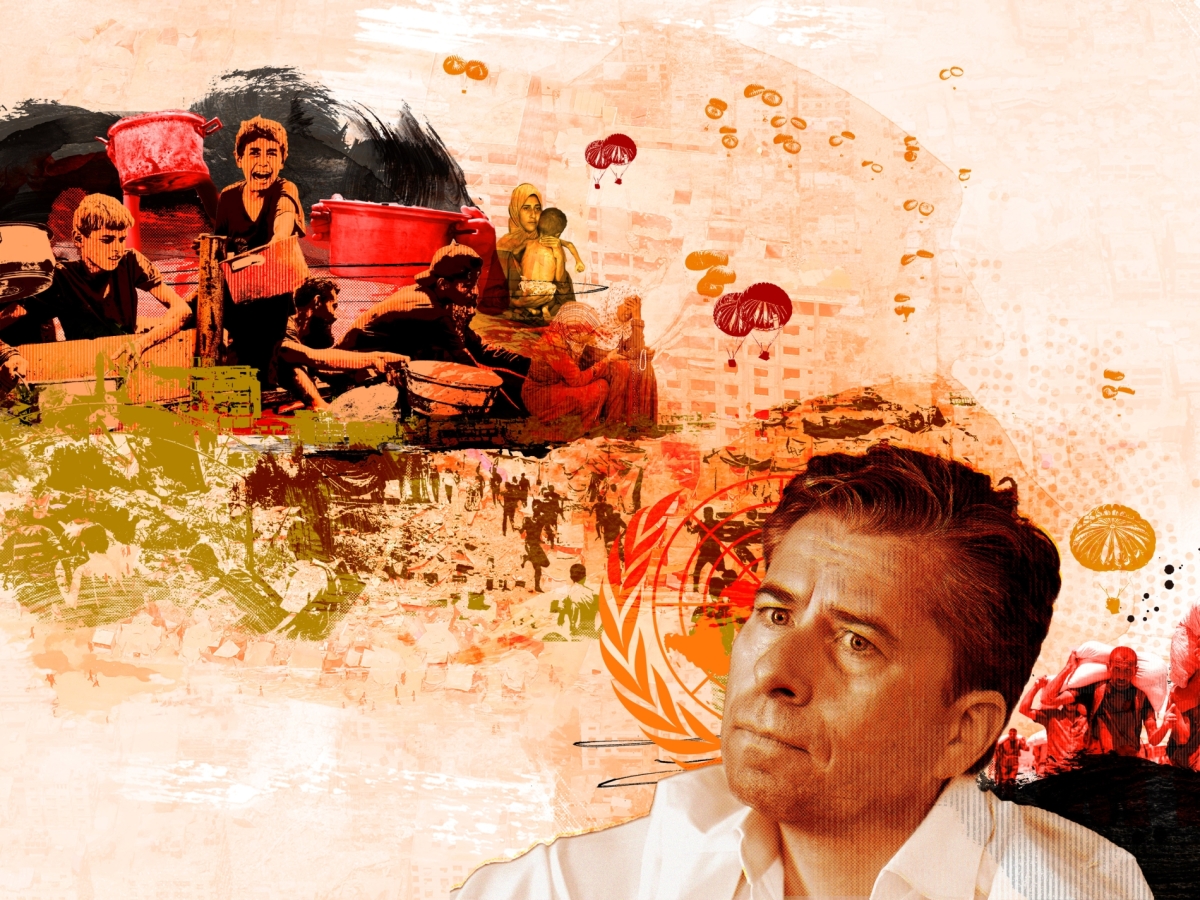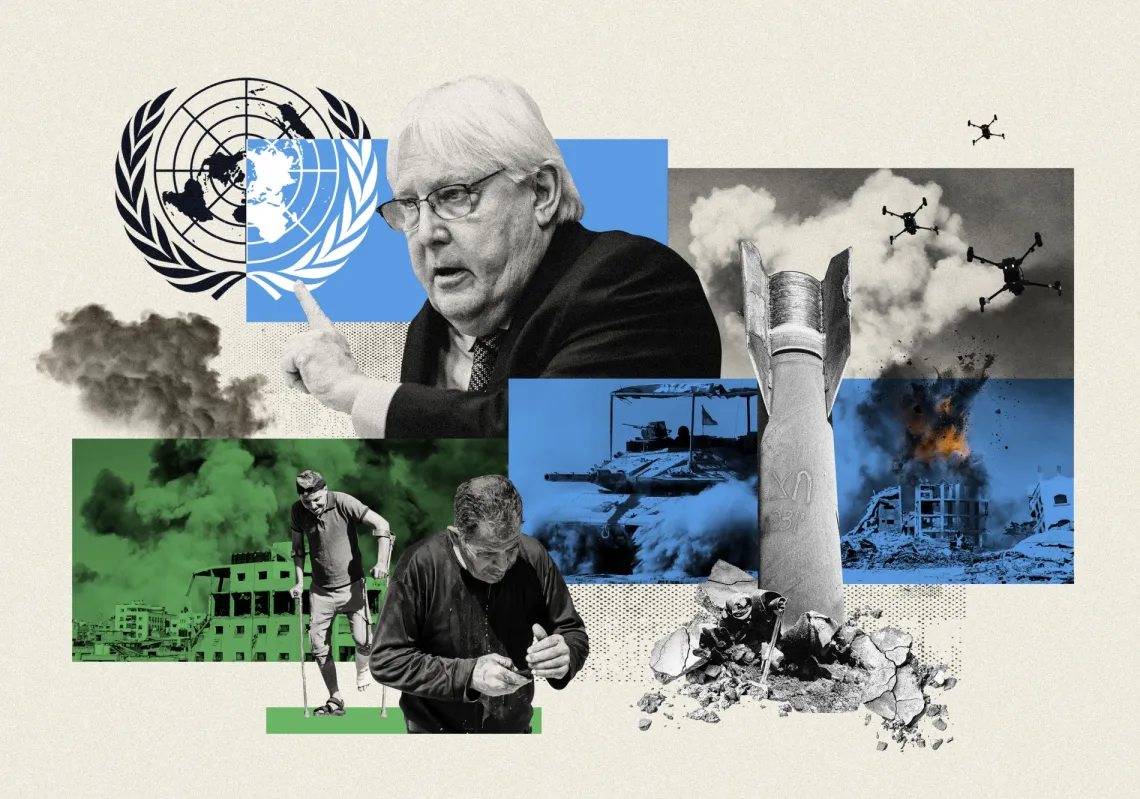Since his appointment in October 2024 as the United Nations’ new Coordinator for Humanitarian Affairs, former British diplomat Tom Fletcher has been one of the most vocal, high-profile, and unflinching critics of Israel’s military conduct in Gaza.
In his address to the UN Security Council in May, he denounced Israeli restrictions on the flow of humanitarian aid to Gaza as “cruel collective punishment”, and more recently, he accused Israel of making “deliberate choices” in depriving Palestinian civilians of food, showing a determination to highlight the suffering in Gaza.
Unsurprisingly, this has put him on a collision course with Israel and its supporters. Israel’s Ambassador to the UN, Danny Danon, said Fletcher, 50, had abandoned “any notion of neutrality,” after he appeared to accuse Israel of genocide. “Israel is deliberately and unashamedly imposing inhumane conditions on civilians in the Occupied Palestinian Territory,” he told the UN’s highest body.
Most of Gaza “is either within Israeli-militarised zones or under displacement orders,” Fletcher said, adding that Israel had clear obligations under international humanitarian law to facilitate aid. “For anyone still pretending to be in any doubt, the Israeli-designed distribution modality is not the answer,” he said, cuttingly. This “makes starvation a bargaining chip,” he continued, calling it “a cynical sideshow... a deliberate distraction... a fig leaf for further violence and displacement”. “If any of that still matters,” he told the Council, “have no part in it”.
Through the ranks
Who is this hard-hitting, plain-speaking former diplomat who succeeded Martin Griffiths in this senior UN role less than a year ago? Born in Kent, he studied at Harvey Grammar School then Oxford University, graduating with a first-class degree in Modern History. He joined the Foreign and Commonwealth Office and held diplomatic posts in Nairobi and Paris. He was also private secretary to the Foreign and Commonwealth Office ministers Baroness Amos and Chris Mullin. Later, he became UK Ambassador to Lebanon from 2011-15.

Before that, from 2007-11, he was the foreign policy and Northern Ireland advisor to Prime Ministers Tony Blair, Gordon Brown and David Cameron. Brown described Fletcher as “indispensable and indefatigable,” whereas Cameron described him as “essential,” writing: “Tom became my support, sounding board, and source of information about virtually every country on Earth.” That likely included Israel.











